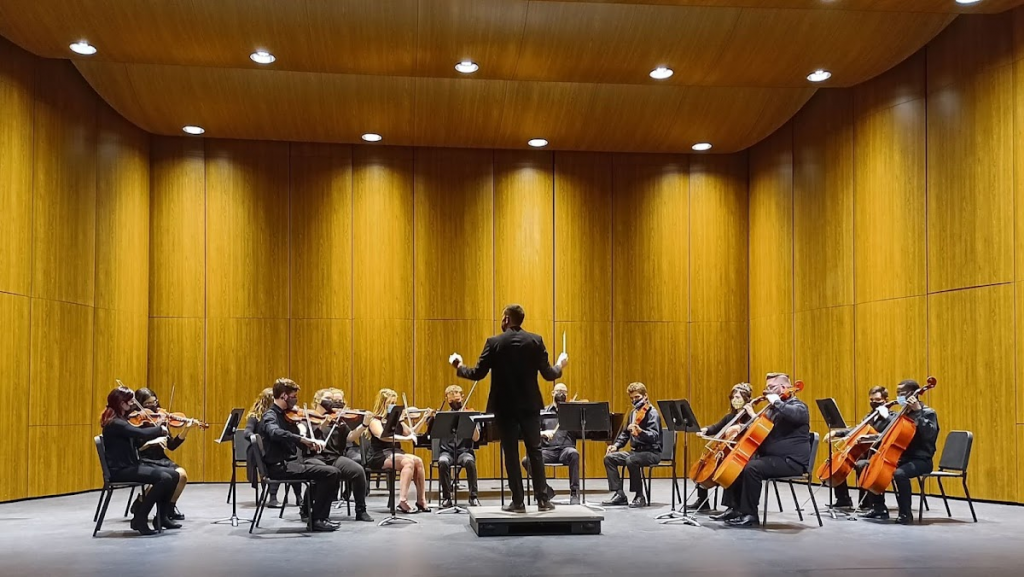By Kat Bishop
October is Breast Cancer Awareness month. Many faculty, staff and students are observing it around the Virginia Wesleyan Campus. One professor who is participating in Breast Cancer Awareness month is Professor Takacs. If one does not know her, they could just look for a forever smile.
Takacs’ mother, sister and friends have been diagnosed with breast cancer. Her family’s first experience with the disease was at a rare time, and her mother was only in her ‘40s. In that era, it was very rare for a woman to get breast cancer, according to Takacs.
“My mother was really progressive because she had breast cancer so young, and it was really rare, rarer for them. She worked for the YMCA, it was a family program, and started a Reach to Recovery Program, so she had a physical therapist, a physician and a surgeon; she brought women together to educate them about what had happened to them and the physical therapist would work with all of them so they could get mobility because when they did these radical mastectomies they took out almost half of her armpit. People don’t see that,” said Takacs. Two out of three women who are diagnosed with the disease are age 55 or older.
About four years ago, Takacs found out that her sister was also diagnosed with breast cancer, and it has not been an easy road since. The first move was to get a lumpectomy, which is the removing of the lump before it has the chance to spread. Her sister also went through radiation and took a specific drug used for anti-cancer. With these tactics, she had to have six month checkups, but it was mainly to make sure there was no reoccurrence, which is what their mother had and wanted to prevent. When their mother had a double mastectomy when she had the disease, and the next year she had a single mastectomy when she had the recurrence and had to have her other breast removed.
Takacs’ sister was a couple years shy of 50 when all of this happened, and it all caused her to get anxiety. For medical reasons, her sister decided to get a double mastectomy when they soon found out that she had an effect called mirroring, which was on the opposite external side.
Having experience with the disease in her family Takacs does what she can. She is in a women’s club where they make sure they always promote breast cancer awareness month with information and events. “I see breast cancer awareness month as an opportunity to make people aware of everything surrounding this issue…but it’s all about awareness and all about women trying to take control and be in control of not only the information, but being aware of your own body.”
Women are not the only ones who can get breast cancer, Takacs pointed out. Men can get it too, but aren’t looking for it as they should be. In 2015, about 2,350 men will be diagnosed with invasive breast cancer even though it is 100 times more common in women than in men. One in eight women will develop invasive breast cancer during her lifetime and the survival rate has increased 26% since the 1960s.
Breast cancer is still a disease impacting many, so in the month of October it is time to spread the knowledge and support that everyone needs. Responding to what she wanted others to know about this disease and this month, Takacs said, “I think that we should empower each other with our knowledge and just share that knowledge and not be afraid to talk about it. I think that if we did share more information people wouldn’t be blindsided by this disease… nobody should have to die from this disease.”


